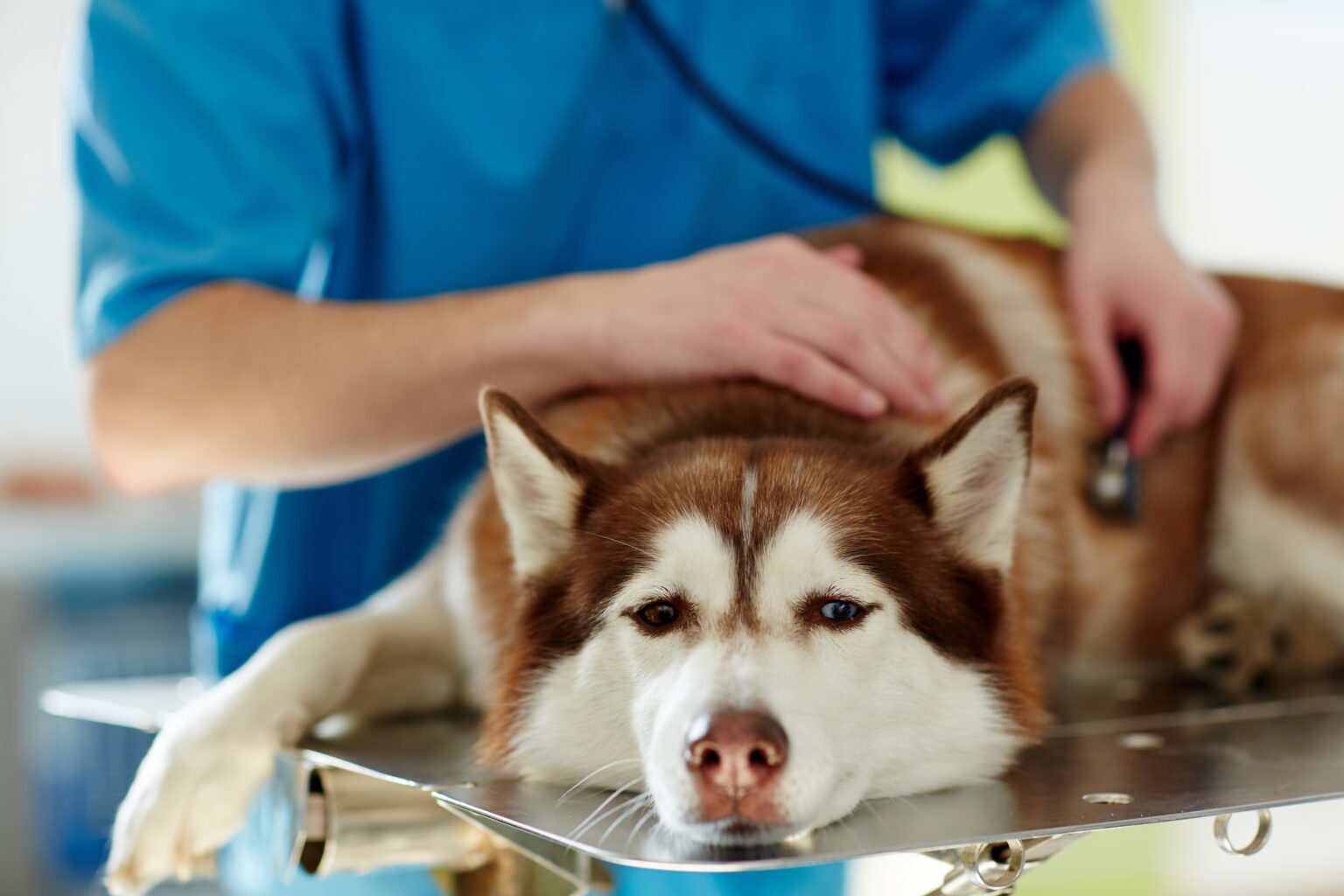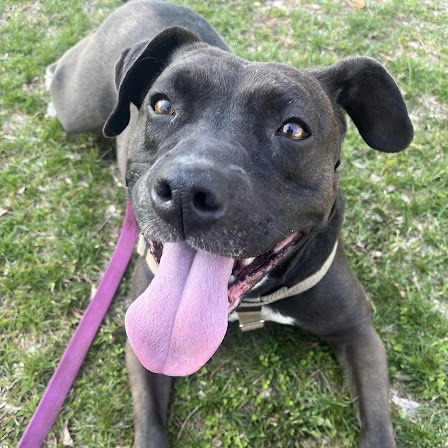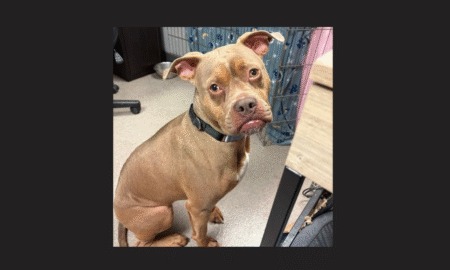According to a report from NBC Chicago, a mysterious pneumonia-like respiratory illness has spread across the country, sickening dogs and leaving some dead.
The illness has popped up 10 states around the country, including Illinois and Indiana, spread across all regions.
According to the Oregon Department of Agriculture (ODA), the illness appears to be viral in nature, although normal testing regimes come up negative. Symptoms include coughing, sneezing, nasal and/or eye discharge, and lethargy. The illness starts as a cough and gradually worsens, with the illness also being resistant to antibiotics.
Dog owners who observe any of the above symptoms are advised to take their dog to a vet immediately.
The cases reported appear to primarily fall within three general clinical syndromes:
- Chronic mild-moderate tracheobronchitis with a prolonged duration (6-8 weeks or longer) that is minimally or not responsive to antibiotics.
- Chronic pneumonia that is minimally or not responsive to antibiotics.
- Acute pneumonia that rapidly becomes severe and often leads to poor outcomes in as little as 24-36 hours.
Officials said that dogs are most likely to contract the illness by coming into contact with other dogs, with places such as dog parks, kennels and groomers posing a larger risk.
General suggestions for dogs attending events or situations with a group of other dogs include:
- Make sure all dogs are up-to-date on all their vaccines including canine influenza, Bordetella and parainfluenza.
- For event organizers: Dogs should have a health check 12-24 hours before the event. Have a DVM onsite checking dogs for health issues (mild nasal discharge, cough, elevated temperature, being off food).
- Consult with your veterinarian for dog-specific advice before attending any events where dogs are congregated.
The ODA recommends that dog owners should be cautious rather than worried, and offers the following tips to help protect dogs from respiratory illnesses:
- Reduce contact with large numbers of unknown dogs. Just like with other respiratory pathogens, the more contacts your dog has, the greater the risk of encountering a dog that’s infectious.
- Reduce contact with sick dogs. This can be harder to determine but if a dog looks sick (coughing, runny nose, runny eyes), keep your dog away from it.
- Keep sick dogs at home and seek veterinary care.
- Avoid communal water bowls shared by multiple dogs.
- Ask your veterinarian for advice on which vaccinations your dog should have. Common vaccinations include canine influenza, Bordetella and parainfluenza.
- If it’s sick, consider having your dog tested with a PCR test to help determine the causative agent (viral/bacterial), if possible.









